Institutions
This project has received funding from the European Union’s Horizon 2020 research and innovation programme under the Marie Sklodowska-Curie grant agreement No 706260
Funded by:
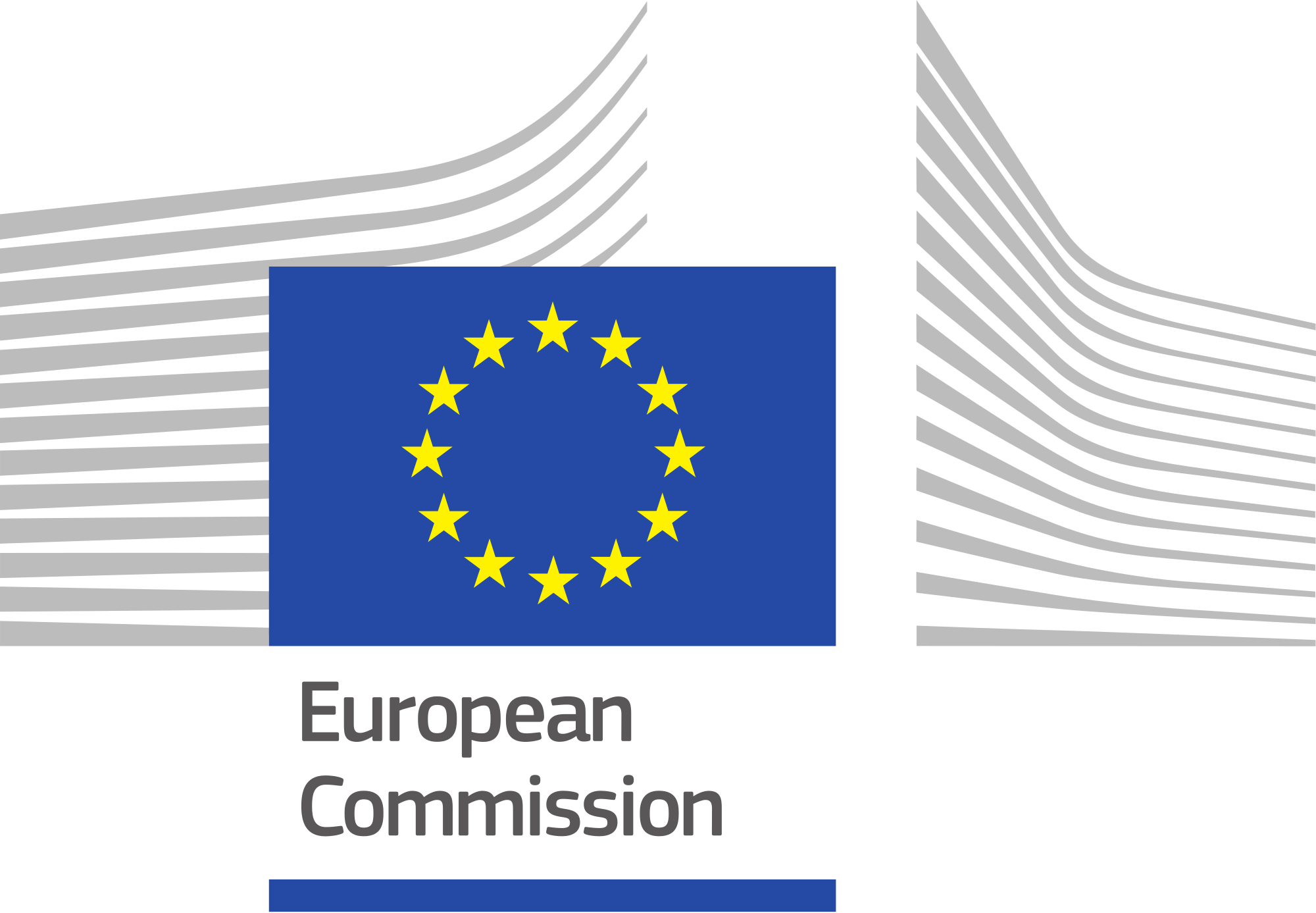
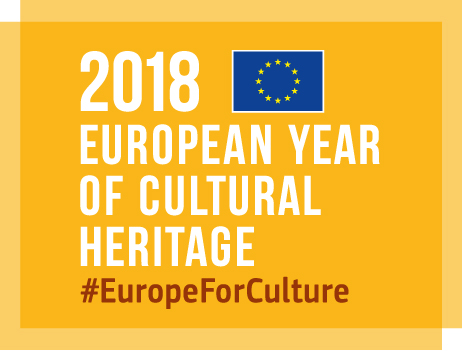
Supported by:
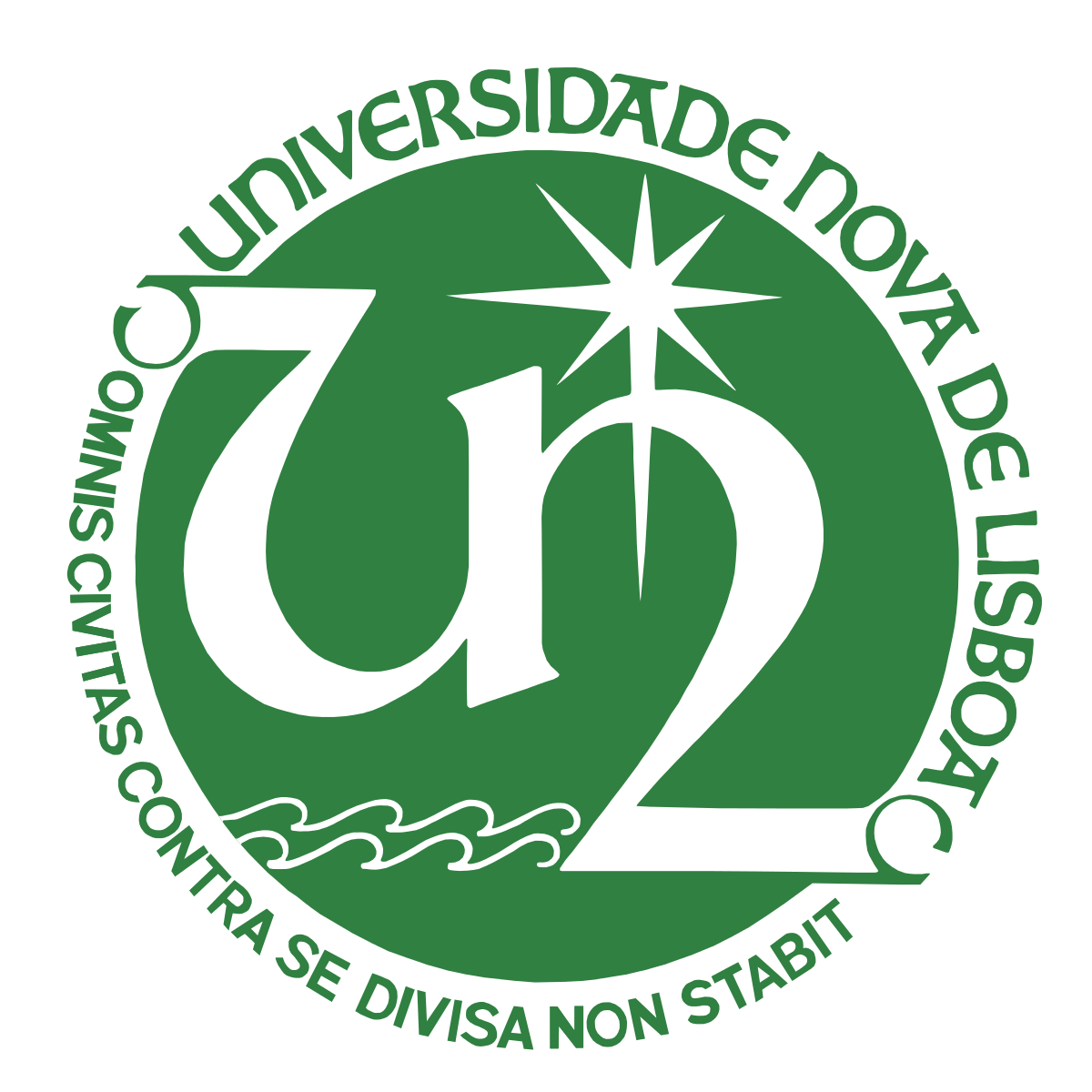
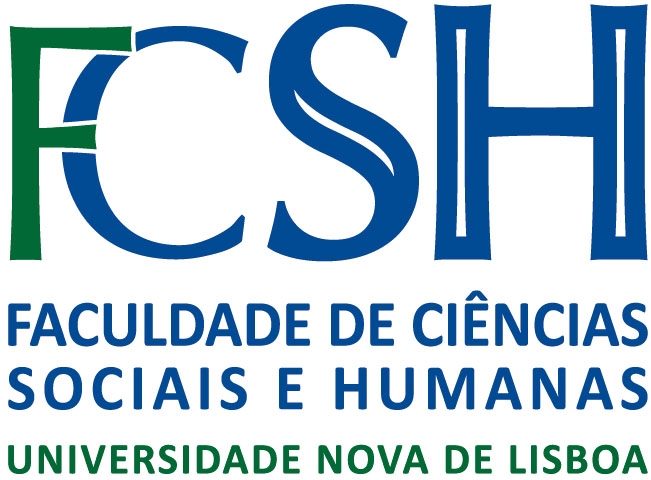
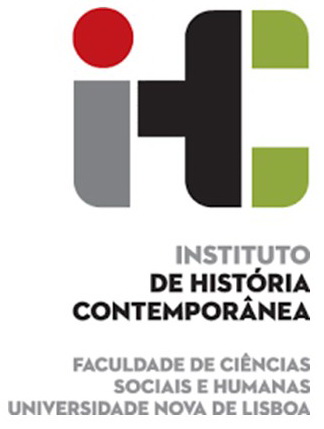


This is the webpage of the Mercator-e Project. Here you'll find all the documentation about this project: description, objectives, methodology, results, dissemination and historical networks available to download. Some of the data produced in this project has the aim to answer important historical questions about the unequal development of the Iberian peninsula territories. Questions like:

To document, digitise and publish all the transportation roads of the Iberian Peninsula from Roman Times until the XIXth Century is a huge enterprise. Although this project is focused to work on a wide geographical scale (the entire Iberian Peninsula), we are looking to provide the most possible detailed information. One of the main dissemination objectives of this project is offer to the wide scientific and general society a free source of information about historical networks. For that reason, if you detect a lack of information of one territory or you have been developing a research and want to aggregate it to our network repository (with your credits) we'd be very grateful if you get in contact with us. Some international researchers has kindly provided their data to this project in order to make all of their research more available to the entire community and to increase the general information about the Iberian historical transportation networks.

The main objective of this project is to understand the role of infrastructures in the social, political and economical evolution of the Iberian territories, from


Do you want to check where I’ve been in the past or where I’ll be in the near future? Check the list of talks and papers.

PhD in Classical Archaeology (2010) from the Autonomous University of Barcelona (UAB). Pau de Soto has specialised in the use of GIS and Network Analysis

Daniel Alves is Assistant Professor at the History Department in Faculdade de Ciências Sociais e Humanas (FCSH), Universidade NOVA de Lisboa, and researcher in
This project has received funding from the European Union’s Horizon 2020 research and innovation programme under the Marie Sklodowska-Curie grant agreement No 706260
Funded by:


Supported by:



